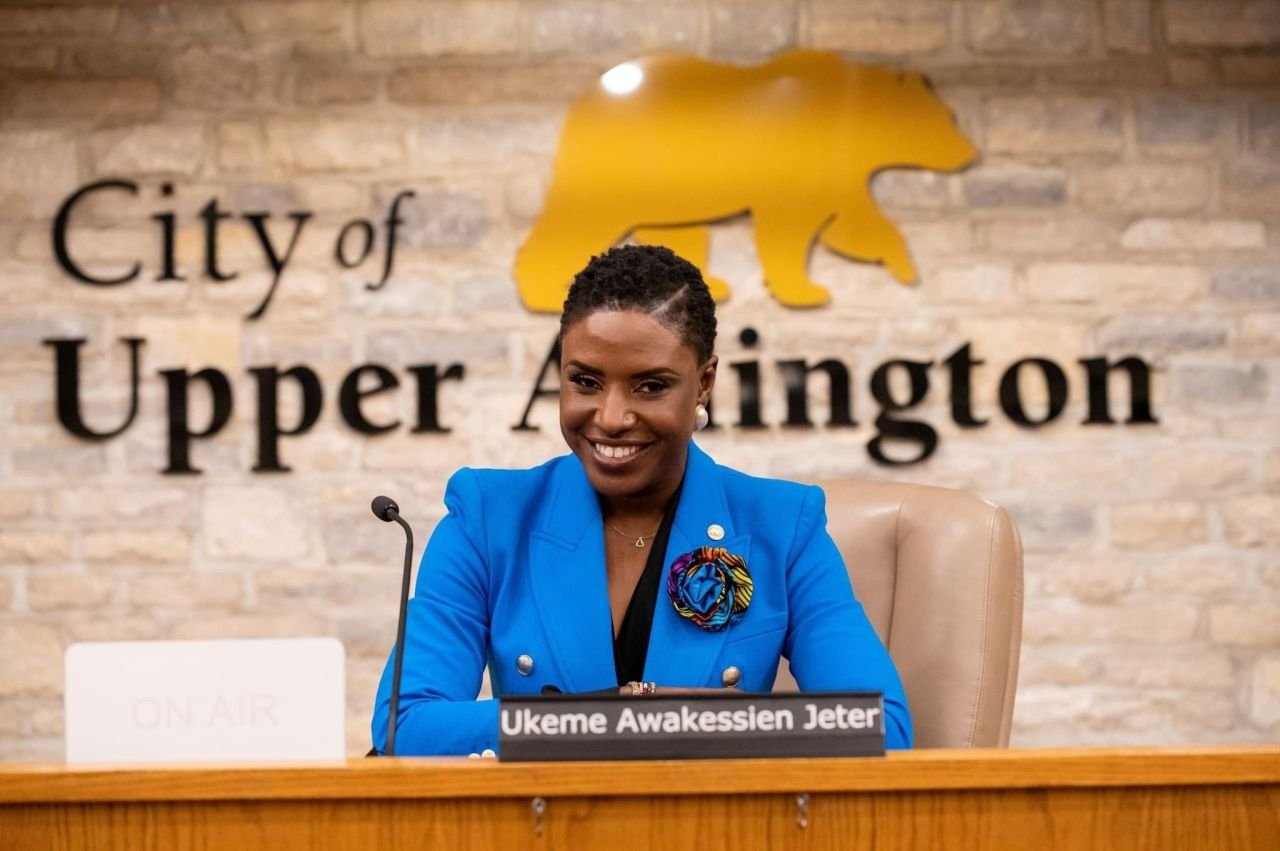The Federal Government has declared an emergency on training facilities for security agencies across the country, pledging to modernise them with new infrastructure and equipment.
What led to the decision?
Governor Peter Mbah of Enugu State disclosed this on Tuesday during an inspection of the Police Training College, Ikeja, Lagos. Mbah chairs the Federal Executive Council (FEC) committee set up to overhaul and rehabilitate training institutions for security agencies nationwide. The seven-member team, which includes several governors, has 30 days to assess facilities and present a comprehensive modernisation plan.
“The president recognised the urgent need to restore pride, professionalism, and confidence among our security personnel,” Mbah said. “This committee will propose an intervention fund for rebuilding and re-equipping these institutions. As you know, the president has also approved the recruitment of 30,000 new police officers.”
Mbah noted that upgrading training facilities is essential to achieving President Bola Tinubu’s vision of a $1 trillion economy driven by private investment.
“We cannot expect those who uphold law and order to be trained in environments that are disorderly and inhumane,” he added.
A commitment to security
Governor Dapo Abiodun of Ogun State, who accompanied Mbah, said the calibre of committee members reflected the president’s commitment to strengthening security.
“Mr. President is passionate about this. That’s why seven governors and senior police officers are part of the committee. We’re treating this as an emergency and have just 30 days to report back with a full review and cost estimates,” he said.
He added that the reforms would ensure training equipment and methods match modern realities.
“We cannot use 20th-century tools to train a 21st-century police force,” Abiodun said.
Earlier, the Commandant of the Police Training College, AIG Omolara Oloruntola, thanked the president for the initiative but highlighted the college’s challenges, including decaying infrastructure, overcrowded dormitories, poor utilities, and outdated equipment.
“Some of our buildings date back to 1949 and are nearly collapsing. We can only accommodate about 500 trainees,” she said, urging swift intervention.



















